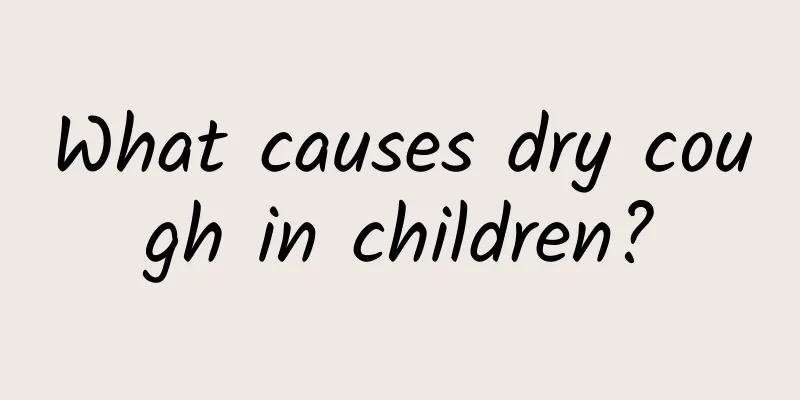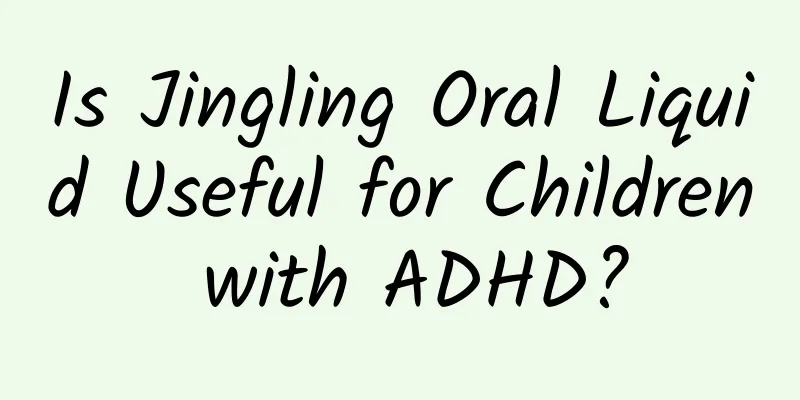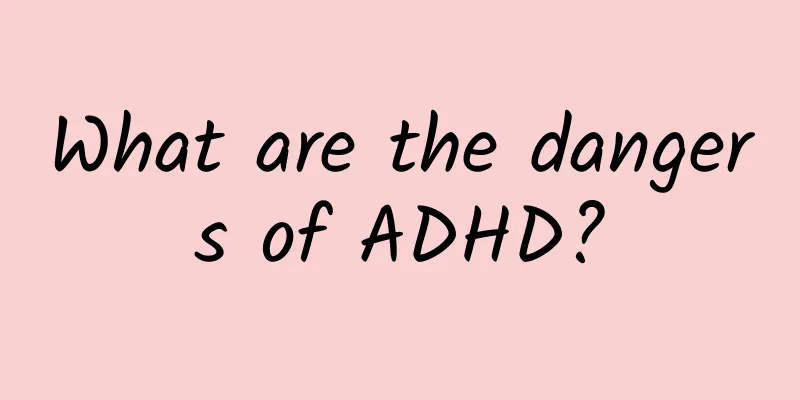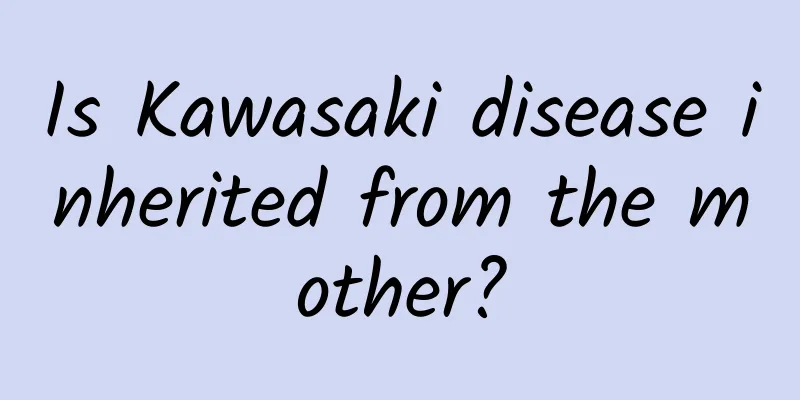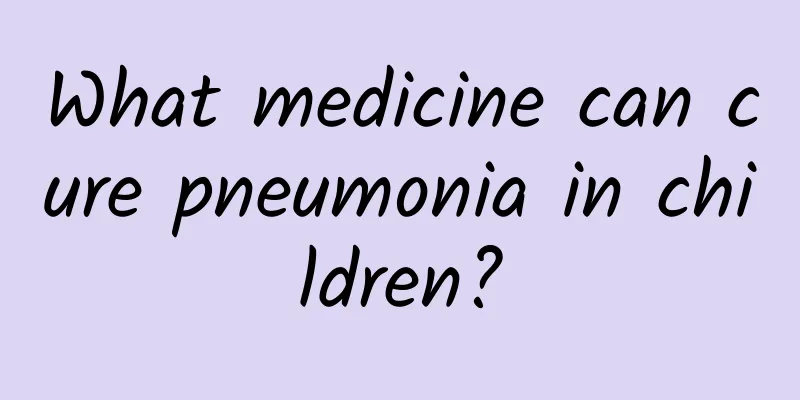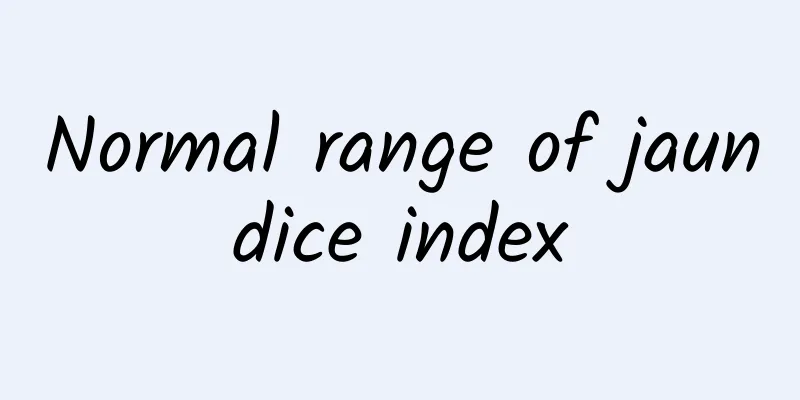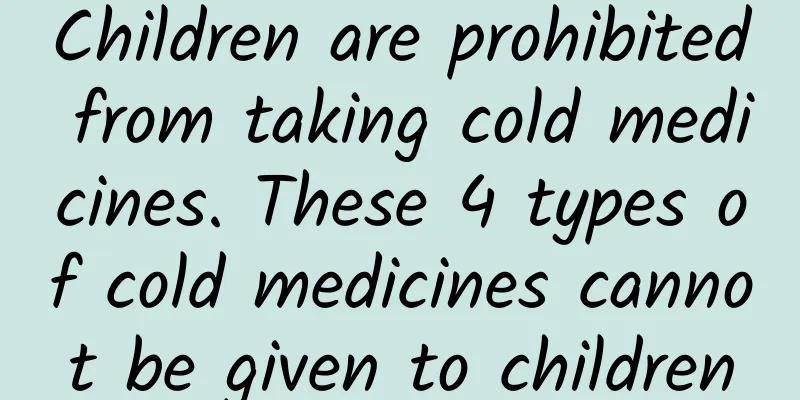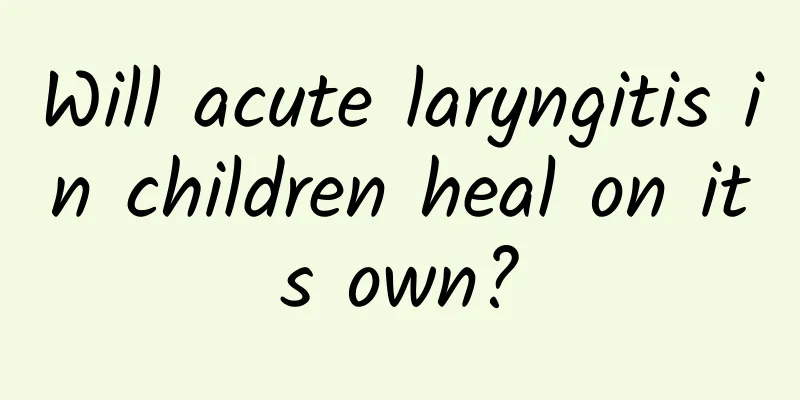What are the early symptoms of polio?

|
The early symptoms of polio include fever, sore throat, fatigue, muscle aches, and in some cases mild limb weakness. These symptoms can easily be confused with the common cold. If a child is found to have the above symptoms accompanied by abnormal limb movements, seek medical attention immediately. 1 Common manifestations of infection Polio is an infectious disease caused by the polio virus. In the early stages, it usually presents with mild systemic symptoms such as fever, sore throat, fatigue and anorexia. These symptoms are very similar to those of influenza or the common cold and can be easily overlooked. Some children may also experience abdominal pain, nausea or vomiting. These symptoms often appear in the early stages of viral infection and are the body's immune response to the virus. Parents need to pay attention to changes in their children's condition, measure their body temperature regularly, and if they have a high fever that is difficult to subside, they should pay attention and consult a doctor in time. 2 Early signs of muscle abnormalities In the early stages of infection or after the incubation period, the virus may further invade the central nervous system, and some children may experience muscle soreness and stiffness, especially abnormal fatigue of the leg muscles, or temporary weakness of the limbs. This is an early manifestation of the virus's impact on the nervous system. At this stage, timely detection and active treatment can effectively reduce the possibility of disease progression. Parents can identify early by observing the incoordination of their children's activities, such as abnormalities such as one leg always dragging on the ground when walking. 3 Related neurological symptoms If the virus affects the central nervous system, some cases may even show symptoms of stiff neck or back in the early stage, and the child may be sensitive to sound or light, or even irritable or sleepy. The above symptoms usually indicate that the virus may have affected the central nervous system area. If such symptoms occur, you should seek medical attention as soon as possible to obtain professional diagnosis and necessary treatment. Once you suspect your child may have early symptoms of polio, it is recommended to take your child to the hospital immediately for virological testing and related examinations to prevent the disease from worsening. Parents should pay attention to their children's vaccinations, especially the polio vaccine. Early detection and treatment of polio are key steps to avoid long-term sequelae. Early intervention can significantly improve prognosis and quality of life. |
<<: Can children with diarrhea take Enteritis Ning?
>>: The dangers and side effects of neonatal jaundice
Recommend
What are the methods of physical examination for poliomyelitis?
Poliomyelitis, also known as poliomyelitis, is an...
What should I do if my baby has recurrent eczema? What are the treatments for recurrent eczema in my baby?
Eczema is more likely to occur in children, and i...
What are the methods of TCM in treating polio?
If many people are sick, we must take it seriousl...
Traditional Chinese Medicine Treatment for Diarrhea in Children
We all know that Chinese medicine treats the root...
What causes hernia in children?
Hernia in children is usually caused by weak or i...
What are the examination methods for pediatric eczema
Now, many mothers are at a loss when they find th...
What are the causes of acute laryngitis in children?
Acute laryngitis in children is more common in wi...
What are the common tests for Kawasaki disease?
Regarding Kawasaki disease, there is a question t...
What soup is good for children with diarrhea? What soup can children drink for diarrhea?
Children have poor resistance and are easily infe...
Six-month-old baby coughs, stuffy nose and diarrhea
If a six-month-old baby has symptoms such as coug...
What are the symptoms of cold in children
Children's colds generally refer to children&...
Acute suppurative parotitis is not serious
Acute suppurative parotitis is not serious 1. The...
What are the early symptoms of hand, foot and mouth disease?
In the early stages of hand, foot and mouth disea...
What Chinese patent medicine should children take for pneumonia
Now the temperature is gradually rising, and it i...
What is the cause of recurrent neonatal jaundice?
Recurrent neonatal jaundice may be related to a v...

